 |
| July 08, 2021 |
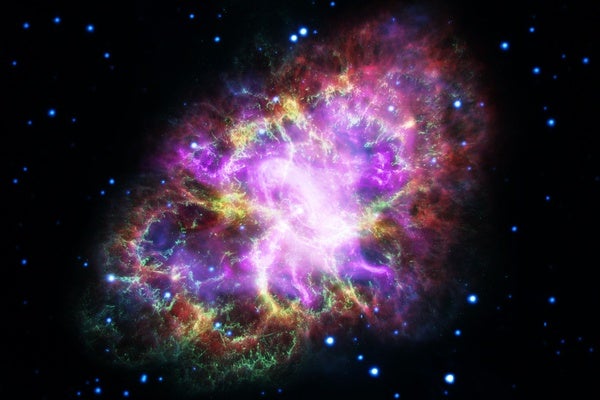 |
| |
| |
| |
| |
| |
| Policy & Ethics Why the NFL Embraced the Racism of 'Race Norming' A statistical manipulation that underpaid Black players in concussion settlements exemplifies American football's immersion in the legacy of slavery | | By Tracie Canada,Chelsey R. Carter | | | |
| |
| |
| |
| |
| |
| Computing How Does a Quantum Computer Work? If you understand how these systems operate, then you understand why they could change everything. |  | By Michael Tabb,Andrea Gawrylewski,Jeffery DelViscio | | | |
FROM THE STORE
 | | | |
| |
FROM THE ARCHIVE
 | | Hubble Captures the Crab is the spectacular remnant of a star's supernova explosion that astronomers recorded in the year 1054. By NASA, ESA, J. HESTER AND A. LOLL Arizona State University | December 2005 | | |
| |
LATEST ISSUES
 |
| |
| Questions? Comments?  | |
| Download the Scientific American App |
| |
| |


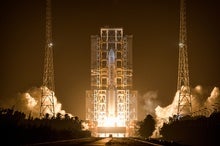


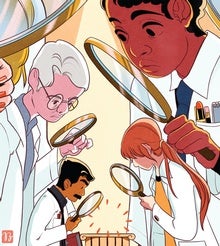
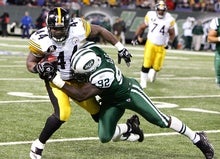


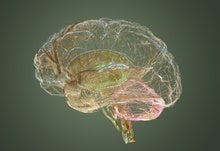
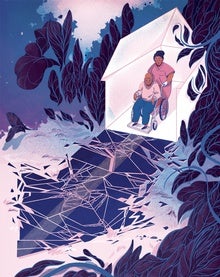

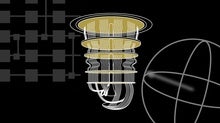
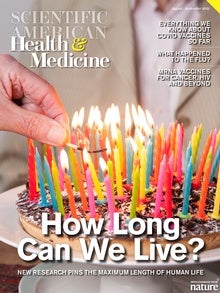



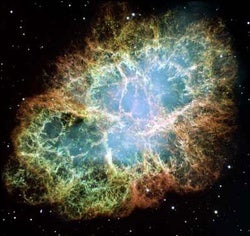
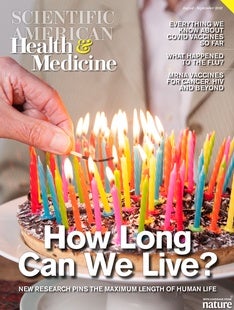

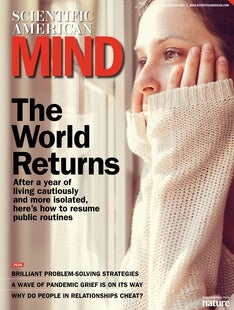
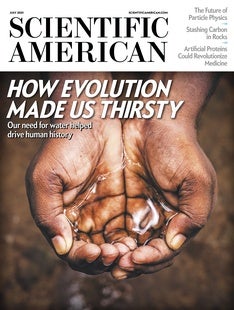
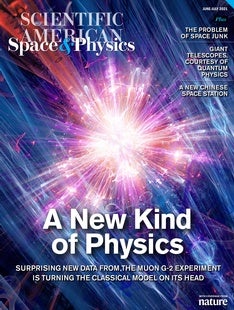



Comments
Post a Comment